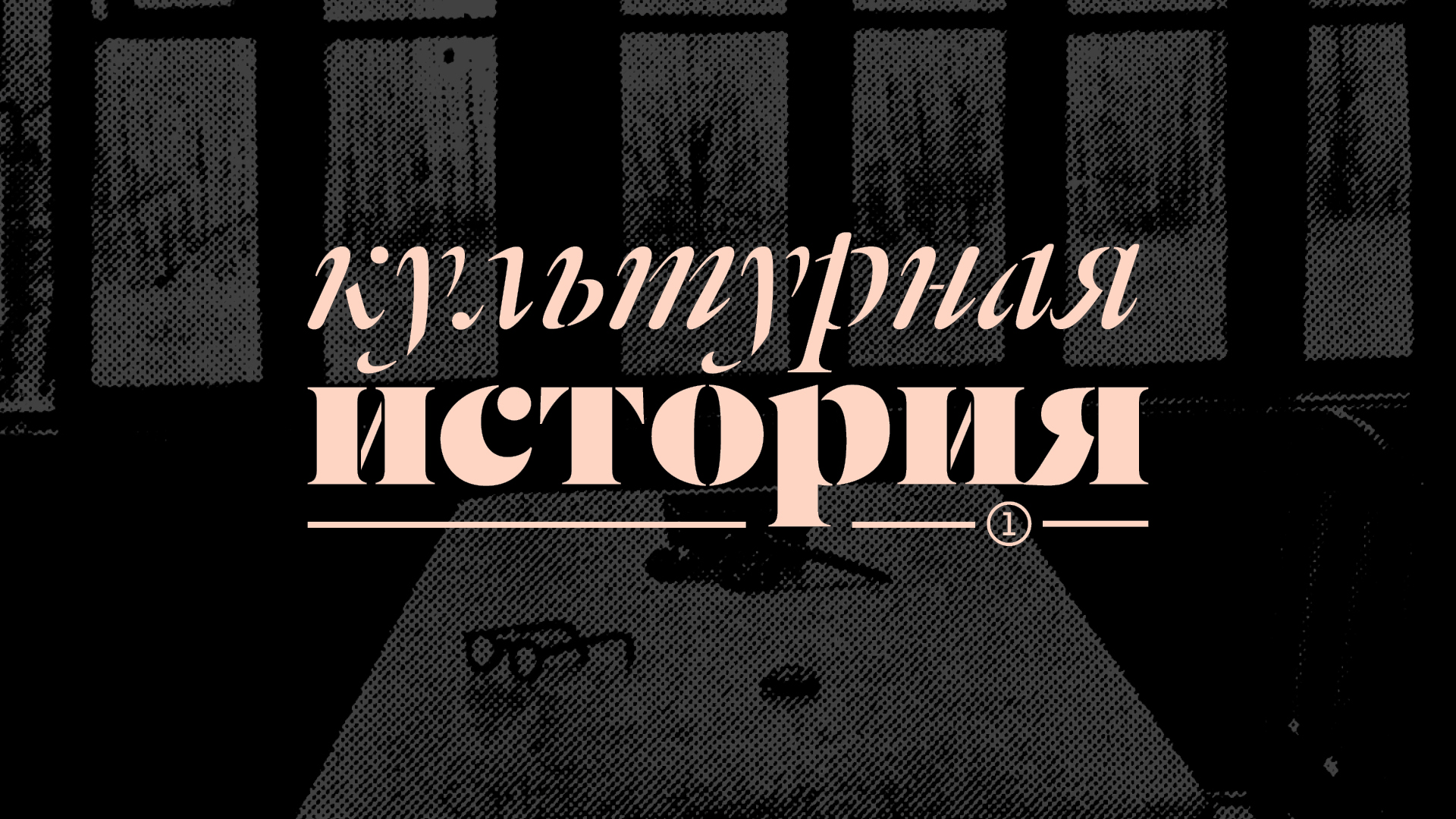Abstract
The article presents a brief outline of the intellectual biography of one of the leading cultural historians of the second half of the XX century, George Lachmann Mosse (1918–1999). The author describes the correlation between the main themes of Mosse’s historical research and his fate as a Jewish intellectual, a young man who fled Nazi Germany. Before World War II, he was forced to leave England and continued to feel like an «eternal emigrant», even becoming a professor at an American university. The article also provides a brief characteristic of Mosse’s main books. The scientist, from different points of view and using different materials, sought answers to the question that determined his own fate and the fate of his fellow citizens: why fascism so easily won the support of the masses in many European countries. Mosse ultimately described the intellectual, cultural, and visual origins of fascist ideology and showed how Enlightenment philosophy and romantic nationalism, assimilated and transformed into popular culture and racial theories, became an integral part of the fascist worldview. The article pays special attention to Mosse’s latest book “The Image of a Man: The Creation of Modern Masculinity” (1996), in which the connection of Mosse’s methodology with the tradition of the cultural-historical school, laid down by J. Burckhardt and continued by J. Huizinga with their keen interest in visual culture and cultural stereotypes as key tools for influencing collective consciousness, was clearly demonstrated.
